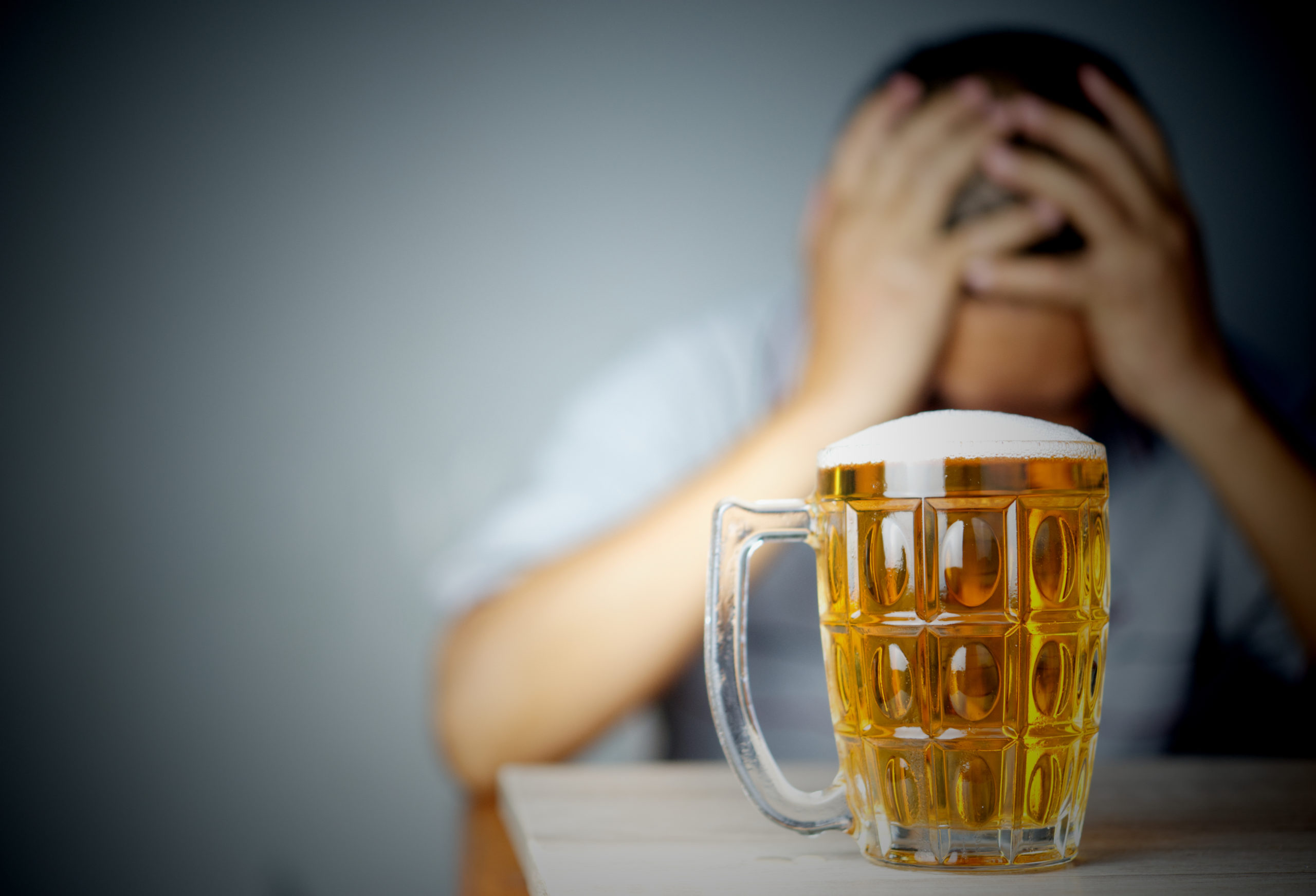How long does alcohol withdrawal last?
It’s difficult to comprehend withdrawal from alcohol. It is socially acceptable to consume alcohol and most people find it hard to comprehend that someone can become chemically dependent on alcohol, let alone experience withdrawal symptoms from stopping alcohol consumption.
For those who are addicted to alcohol, things are real. Alcohol withdrawal is highly uncomfortable and could be dangerous, with risks of seizure or stroke. You cannot predict how long alcohol withdrawal will last – it could last 2 weeks. Alcohol withdrawal has three stages, but not everyone goes through all three, but may experience one or more of them. The likelihood that an individual suffering from alcohol dependence may develop alcohol withdrawal symptoms when stopping alcohol consumption depends on many factors.
They include:
- Duration of alcohol consumption
- Quantity of alcohol consumed
- Frequency of alcohol consumption
A person consuming alcohol on a daily basis for a longer period is more likely to experience alcohol withdrawal symptoms than one who drinks for a shorter period of time, intermittently. Mental health issues may exacerbate alcohol withdrawal symptoms, as anxiety is one of the withdrawal symptoms. It is hard to predict the severity of alcohol withdrawal or duration. It may vary from individual to individual even when the duration of consumption, the amount of consumption and frequency are similar.
We can divide this withdrawal phase into three stages
First stage of alcohol withdrawal
Alcohol withdrawal symptoms start to occur when a person who has developed alcohol dependence quits drinking. It could start two hours to a full day after someone has had his/her last drink. Although the first stage is the least intense, each person will experience it differently.
The first stage of alcohol withdrawal symptoms includes-
- Anger
- Anxiety
- Fatigue
- Loss of appetite
- Abdominal pain
- Vomiting
- Insomnia
- Nausea
- Depression
- Heart palpitations
- Foggy brain
- Tremors
- Mood swings
The second stage of alcohol withdrawal
The second stage of alcohol withdrawal is more severe as compared to the first stage. The second stage of alcohol withdrawal sets in about 48-72 hours after a person stops consuming alcohol.
- Second-stage alcohol withdrawal symptoms include-
- Rise in body temperature
- High blood pressure
- Confusion
- Abnormal heart beat
- Sweating
- Irritability
- Breathing problems
- Mood swings
The third stage of alcohol withdrawal
The most difficult and dangerous phase of alcohol withdrawal is the third stage, where they symptoms become severe. The first signs of withdrawal appear about three days after the last drink an alcoholic consumes, and these can last for weeks.
Third-stage symptoms include
- High fever
- Hallucinations
- Seizures
- Stroke
Please be advised that not everyone will experience these stages of withdrawal in the above order. Symptoms can vary wildly across the time spectrum referred to above, so alcohol detox should never be attempted outside of a licensed treatment facility with experience dealing with alcohol withdrawal. Some severe alcohol withdrawal symptoms, such as seizure or stroke could lead to death. So access to a medical team that can address such issues need to be present when alcohol detox is attempted..
Consequently, it evolves that alcohol detox is not to be taken lightly as withdrawal symptoms can lead to severe medical consequences. RecoveryCNT.com can offer effective Alcohol addiction treatment under the guidance of a Board Certified Addiction Medicine expert. Also our alcohol detox is easy to access because it in an outpatient setting. There is less resistance to entering treatment when the person suffering from an addiction to alcohol realizes that they can access detox treatment for alcohol from the comfort of their home instead of going away for days on end to an inpatient treatment center
Related Articles
4 Ways to overcome Addiction Alcohol Drugs
3 Crucial Steps You Should Follow to Overcome Alcohol Addiction
3 Benefits You Get by Attending Alcoholics Anonymous Program


